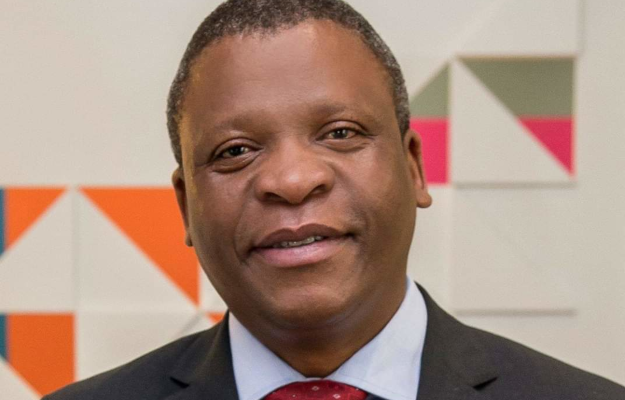
The South African government and business sector must work together to drive the post-coronavirus economic recovery. But they can only do that if they overcome their history of mutual distrust and alter their relationship from being tactical to strategic. Notwithstanding their different business philosophies and practices, South African companies have been by and large among global leaders in terms of recognising and fulfilling their societal obligations.
The problem, though, is that a great deal of the things they have done in the post-apartheid era have occurred out of historical guilt, fear of government or for philanthropic reasons; they have not been guided by a clear strategic approach. The absence of a strategic vision by domestic business partly explains why it has not been proactive and effective in shaping South Africa’s policy direction.
Undeniably, the relationship between the government and business has been previously paralysed by tensions that have mirrored mutual distrust between these two key societal actors. The relationship became strained under former president Thabo Mbeki’s leadership, and it deteriorated during his successor Jacob Zuma’s tenure which was, among others, notorious for the rise of the Gupta brothers as kingmakers in the ANC-linked corporate patronage networks.
Trust deficit
The trust deficit was highlighted, for instance, by the spat in 2004 between Anglo American’s former CEO, Tony Trahar, and Mbeki over Trahar’s views on South Africa’s political risk profile, the controversy in 2007 over the anti-crime campaign launched by the First National Bank (FNB), the searing criticism in 2012 by the former Nedbank chairman Reuel Khoza of the ANC’s governance track record, as well as the discord in 2013 over the ‘You Can Help Campaign’ initiated by the FNB - which the ANC denounced as an attack on its leadership and the capabilities of the government.
Historical tensions have hampered the government and corporate sector from engaging in candid and constructive dialogue about what needs to be done to grow the economy and tackle the country’s pressing socio-economic problems.
The government has tended to accuse business of being unpatriotic and uncaring for the national interest. For their part, business leaders have deplored the quality of leadership in government and voiced a lack of confidence in the ability of government officials to understand the needs of the South African economy and act in its best interests.
Ill-advisedly, however, business has had a habit of displaying an arrogant know-it-all attitude towards the government. What’s more, all too often it has evinced a reactive posture on policy issues and has not provided a much-needed counterbalance to the government’s policy positions. This is a function of its failure to invest sufficiently in ideas to influence national discourse.
Building trust
Building trust will require not only a continuous conversation between the government and business, but also a cultivation of new and meaningful relationships that can sustain that trust. These relationships ought to be built on the acceptance that both the government and business have different yet complementary strengths that must be harnessed to address South Africa’s present-day challenges.
The Covid-19 pandemic has provided an opportunity for the government and business to cast their differences aside and collaborate in the national interest. Under the aegis of Business for South Africa, business has played an invaluable role in keeping the economy afloat during the nationwide lockdown and in supporting the government’s efforts to mitigate the effects of Covid-19.
Even so, there needs to be a paradigm shift both in terms of how business stands up for its interests and in relation to how it interacts with the government. International experience has demonstrated that countries that have attained a degree of success are the ones that have managed the convergence between government and business in a strategic way. Both the government and business must transform their relationship from being tactical to strategic.
Common good
To this end, they need to delineate specific areas of agreement on what constitutes the common good in South Africa. They ought to agree on the types of economy and society that are needed in the country.
They need to agree on the strategies that will be pursued, and the trade-offs and compromises that need to be made, in order to secure the desired economy and society. There needs to be agreement on the notions of competitiveness, social solidarity and inclusivity.
They need to agree on what the obligations of government and business should be in respect of providing public goods, especially in terms of building human capital and growing South Africa’s skills base. And they ought to agree on the kind of foreign policy that South Africa must pursue, one that will enable the country to maintain its international obligations while also fulfilling its domestic social and economic objectives.
Visionary and effective leadership from government and business is required to undo the economic damage caused by Covid-19 and to reverse South Africa’s chronic economic underperformance and ensure that the country achieves its considerable economic potential. Government and corporate leaders ought to recognise that the separation between business and government is false and superficial. One cannot exist and function without the other. South Africa’s problems are too big for government to be able to act alone, and they are too complex for business to be able to solve alone.




 Publications
Publications
 Partners
Partners











